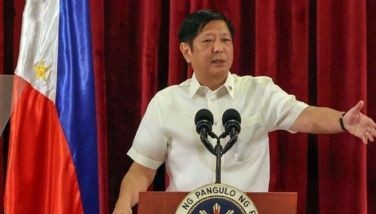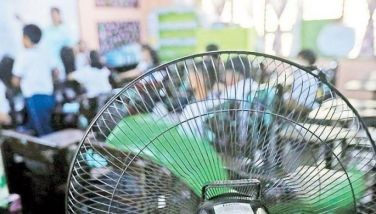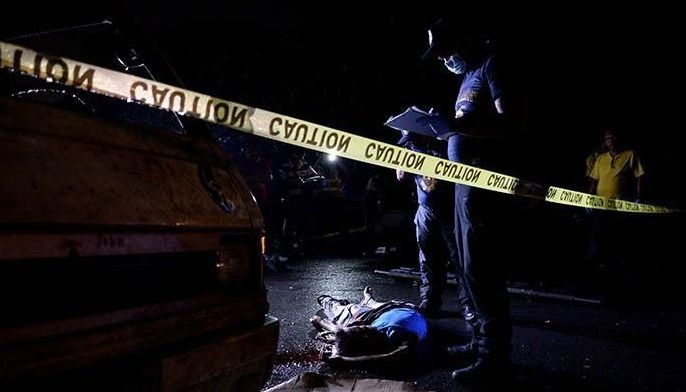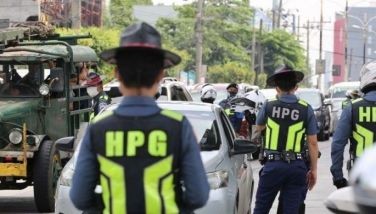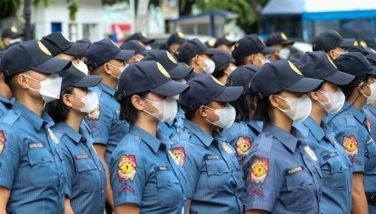DepEd to meet with teachers on connectivity issues
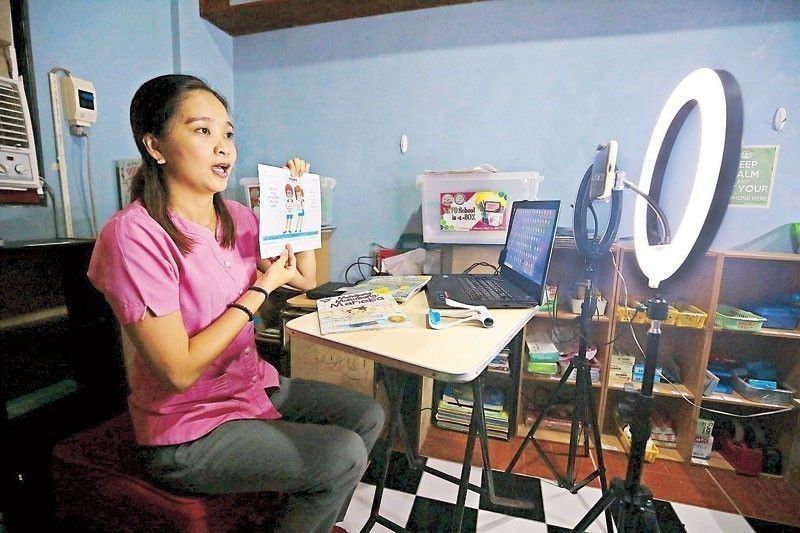
MANILA, Philippines — The Department of Education (DepEd) is willing to meet with teachers who are asking the government to provide them P1,500 allowance to enable them to conduct online classes during the pandemic, Malacañang said yesterday.
The Alliance of Concerned Teachers (ACT) is demanding a P1,500 monthly internet allowance, as the SIM cards provided by the DepEd are not enough to meet the connectivity requirement of the distance learning.
The SIM cards were activated with an initial 34 GB load consumable for one year.
“The Department of Education has initiated a dialogue with ACT and that is one of the issues being discussed,” presidential spokesman Harry Roque said at a press briefing.
“Let us wait for the things that will be agreed upon by the Department of Education and the ACT leaders,” Roque added.
There are a million permanent, contractual and local government unit-paid personnel working under DepEd schools and offices are eligible to get the SIM cards with connectivity load.
Safe school reopening
Citing a recent study showing almost seven of 10 student-respondents finding it difficult to understand learning materials in the modules or online classes, Sen. Sherwin Gatchalian reiterated the urgency of safe school reopening and preventing a two-year lack of face-to-face classes.
Gatchalian said the results of a study conducted by the Psychosocial Support and Children’s Rights Resource Center and commissioned by Save the Children Philippines highlighted distance learning woes.
Quoting the study, Gatchalian said 67 percent of student-respondents found it difficult to understand learning materials in modules or online classes, while 33 percent struggled with the motivation to study, saying that home is not a conducive learning environment.
“Now that we have started vaccinating minors, we should not allow the absence of face-to-face classes for another two years. It is clear from the studies that the absence of face-to-face classes has great harm to young people,” said Gatchalian, chair of the Senate committee on basic education, arts and culture.
“We must also take all measures to ensure their safety in case they return to schools,” he said, adding the government earlier announced that the nationwide vaccination of all minors aged 12 to 17 will start tomorrow until the end of December.
To date, Gatchalian said 90 public schools were cleared to participate in the pilot test for in-person classes. These schools will be closely monitored for two months, while expansion is eyed in March next year.
Gatchalian earlier urged both the DepEd and the Department of Health (DOH) to shorten the timeline to allow more schools to reopen, noting that March 2022 will mark the second year without in-person classes.
One of Gatchalian’s proposals is to use the alert levels assigned to local government units as basis for allowing face-to-face classes. Schools participating in the pilot run of limited face-to-face classes are in areas under Alert Level 2.
Earlier, Sen. Nancy Binay urged the DepEd to go full blast in inoculating teachers and set a target rate of 100 percent as the government prepares to pilot test face-to-face classes.
“I think the vaccine should be made accessible to teachers and school personnel, and all our teachers should be vaccinated. DepEd should target a full vaccination coverage as soon as possible, not 30 percent, not 50 percent, but 100 percent,” Binay said.
Binay issued the statement after DepEd Undersecretary Nepomuceno Malaluan reported that only 30 percent of DepEd personnel were inoculated.
Binay proposed that a special vaccination program for teachers, similar to what was done for the transport and tourism industry workers, should be put in place to ensure safety in schools selected for pilot testing.
Meanwhile, Sen. Joel Villanueva is pushing for a measure that will institutionalize the lifelong learning development framework to ensure availability of sources of knowledge among citizens.
Villanueva filed Senate Bill 2387, which seeks to institutionalize the lifelong learning development framework and broaden the mandate of the Philippine qualifications framework-national coordinating council.
The measure also seeks to amend Republic Act 10968 or the Philippine Qualifications Framework Act.
Villanueva said that while present learning frameworks prioritizes education and development of children and young adults to prepare them for the future, it is clear that learning is a continuous and lifelong process.
“There is a need to establish policies that will provide an enabling environment for lifelong learning opportunities to flourish, and to be accessible to persons from all walks of life,” Villanueva said. – Cecille Suerte Felipe
- Latest
- Trending















